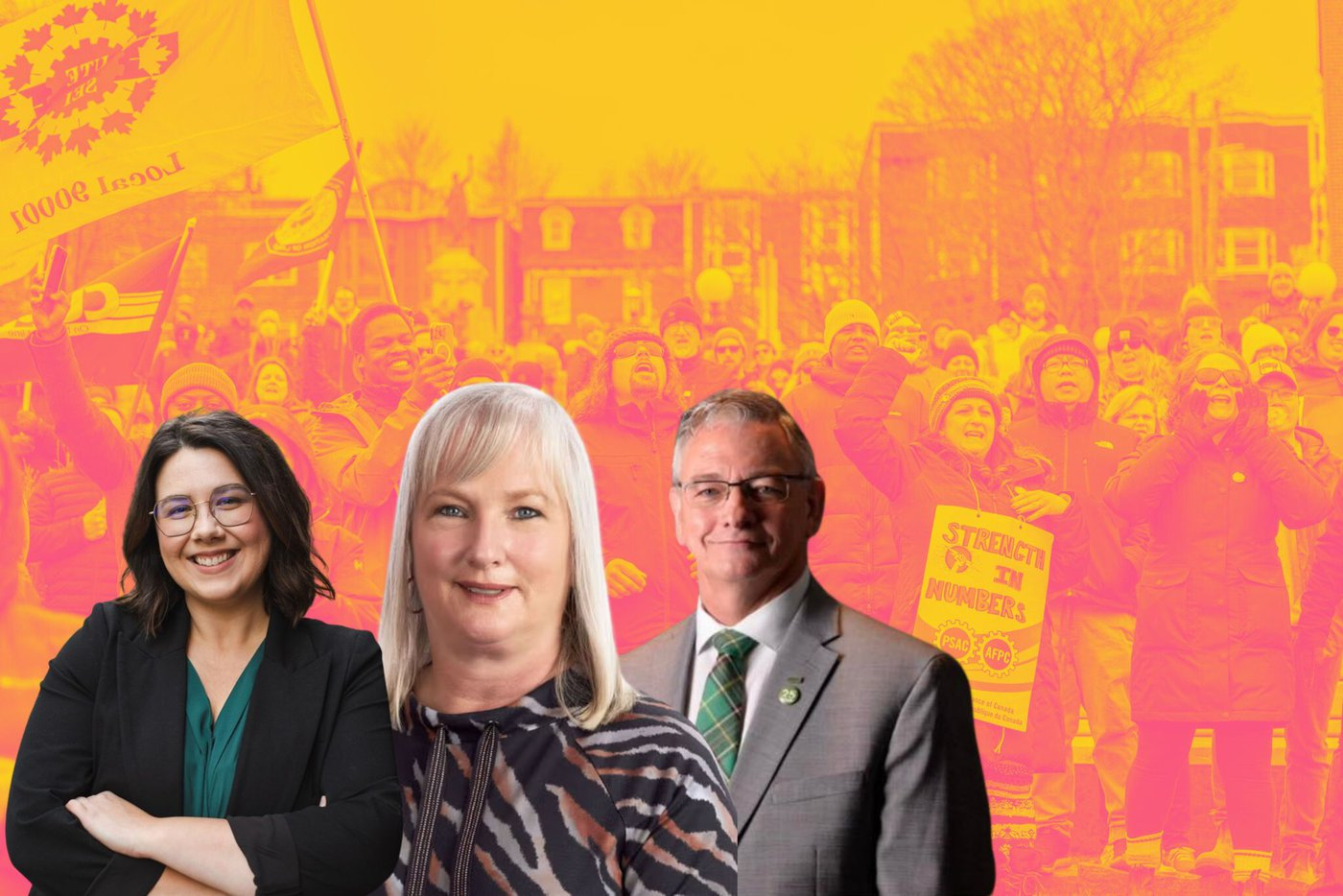258

As election day approaches, labour leaders say provincial candidates aren’t addressing people’s “everyday troubles”

By Rhea Rollmann | The Independent Newfoundland and Labrador has the fourth-lowest minimum wage in the country, the third-highest rate of workplace injury fatalities, and the highest…
To continue reading this article, you need to join HR News Canada's FREE community.
Sign up for free now at https://hrnewscanada.com/register/hr-news-canada-free-membership/
The Local Journalism Initiative (LJI) supports the creation of original civic journalism that covers the diverse needs of underserved communities across Canada.

HR News Canada is an independent source of workplace news for human resources professionals, managers, and business leaders. Published by North Wall Media.
©2026 All Right Reserved. Designed and Developed by North Wall Media